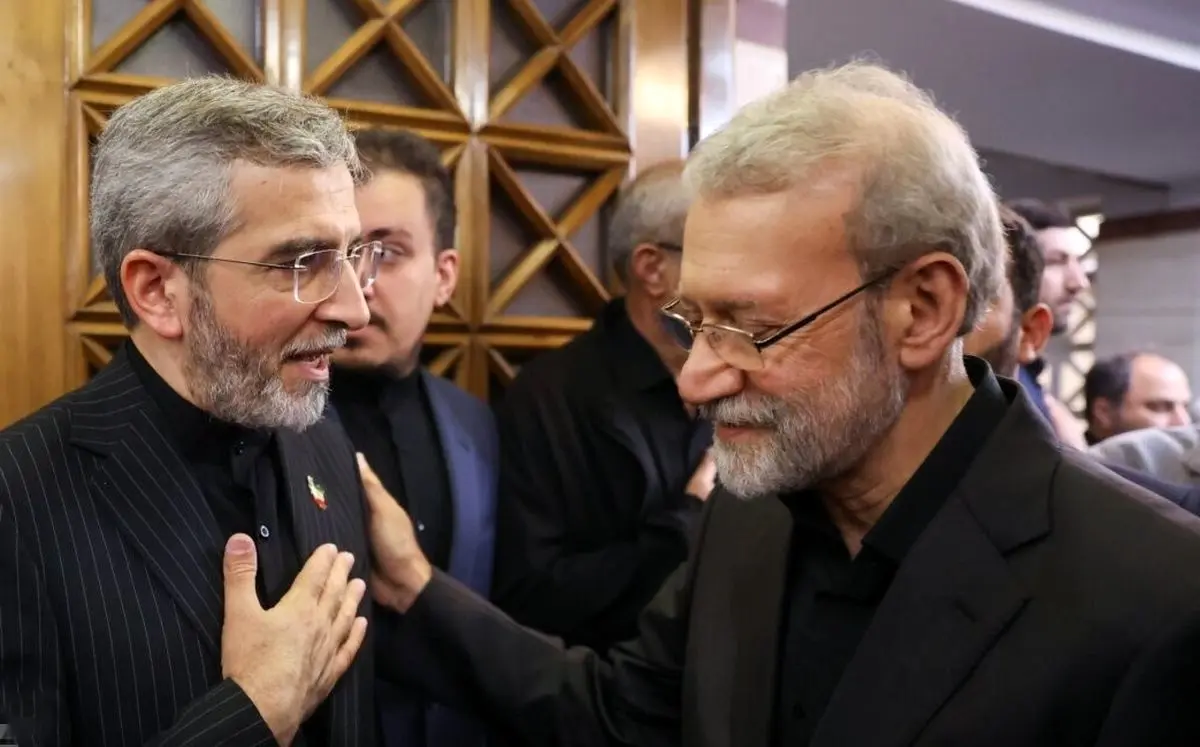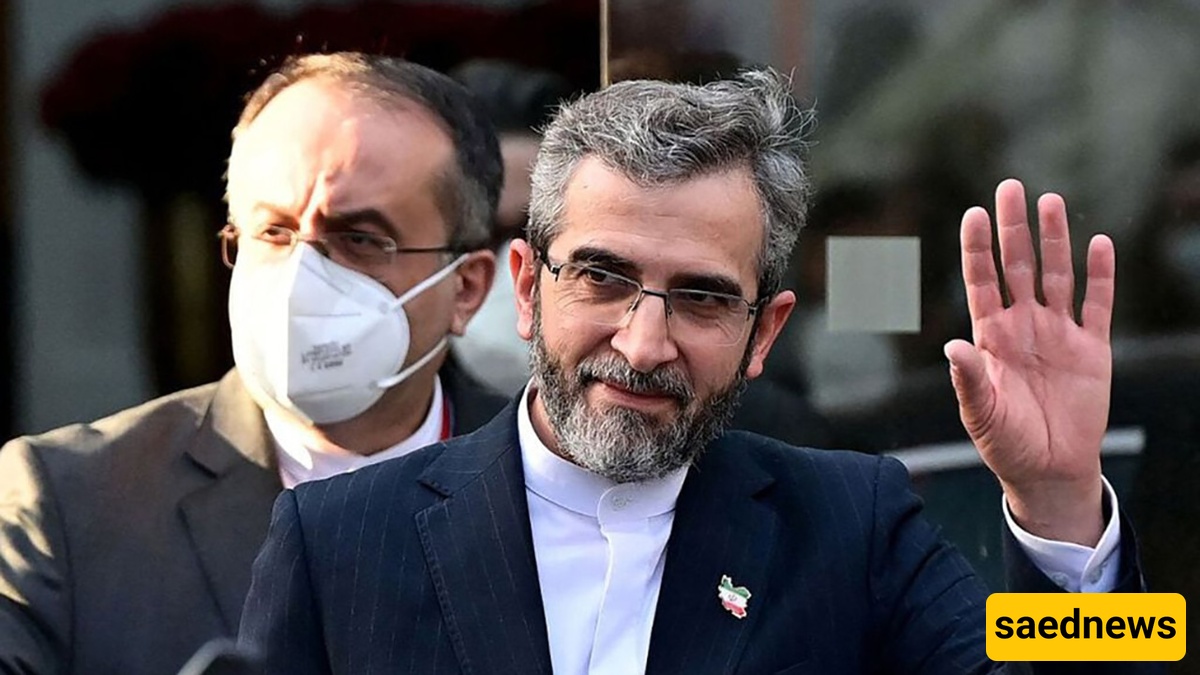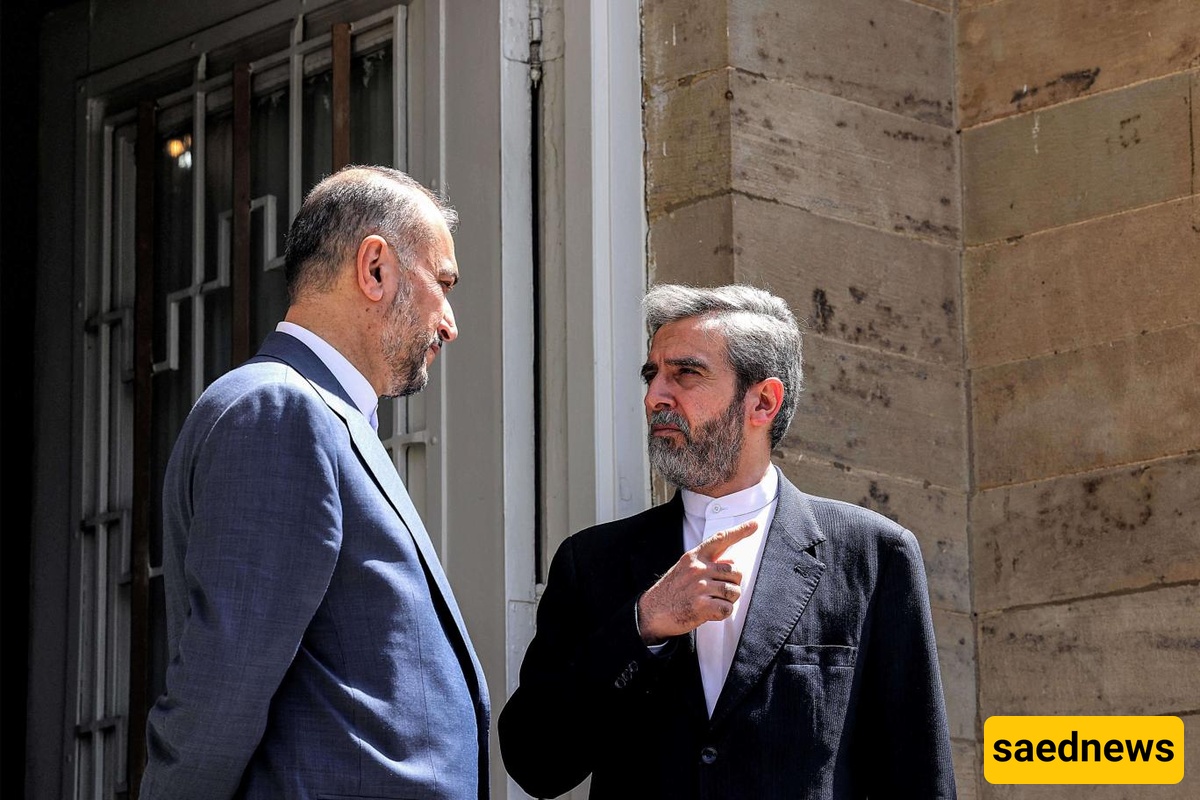SAEDNEWS: Conservative politician Sadegh Kanani Moghaddam said Ali Bagheri’s appointment as Deputy of International Affairs at Iran’s Supreme National Security Council sends a clear message of readiness for new negotiations, rooted in his past experience with JCPOA talks.

According to Saed News, Sadegh Kanani Moghaddam, a conservative political activist, in an interview with Etemad Online about the appointment of Ali Bagheri as Deputy of International Affairs at the Supreme National Security Council, said:
“As is clear, this is a council, and the nature of a council is that all viewpoints and individuals who can offer expertise, influence, or experience are consulted. The Supreme National Security Council is not an executive body and has no direct executive responsibility. It only issues approvals based on consultation with different groups, political factions, and experts. These approvals are then formally processed by the head of the council, presented to the Leader, and ratified.”


He continued:
“From this appointment we can draw two clear messages: First, Mr. Bagheri’s duty is to assist in better decision-making beyond political disputes, and to have an effective and constructive presence — which is itself a positive and promising point. Second, given his outstanding record in past negotiations — both during the JCPOA era and prior — and the responsibilities he has held, he carries a unique dossier that also conveys a message to JCPOA members: a message of our readiness to enter new talks and to begin a new era, within the framework of the guidelines set by Ayatollah Khamenei. The message of this appointment is entirely understandable and clear.”
Asked whether this appointment could bring long-term changes to the Supreme National Security Council, he explained:
“The council does not depend on individuals. It is a collective body, some of whose members — such as police commanders, the interior minister, the president, the intelligence minister, and others — participate by virtue of their executive or policymaking positions. Real transformation happens when the council’s output aligns with national interests and security. Only then can we expect that a genuine transformation has occurred.”
In conclusion, the political activist said:
“In my view, his appointment is effective, since he has a great deal of experience and has been involved in many negotiations over the years. His expertise can be utilized regardless of his political leanings. I believe that Mr. Larijani organizes beyond factional divides.”

